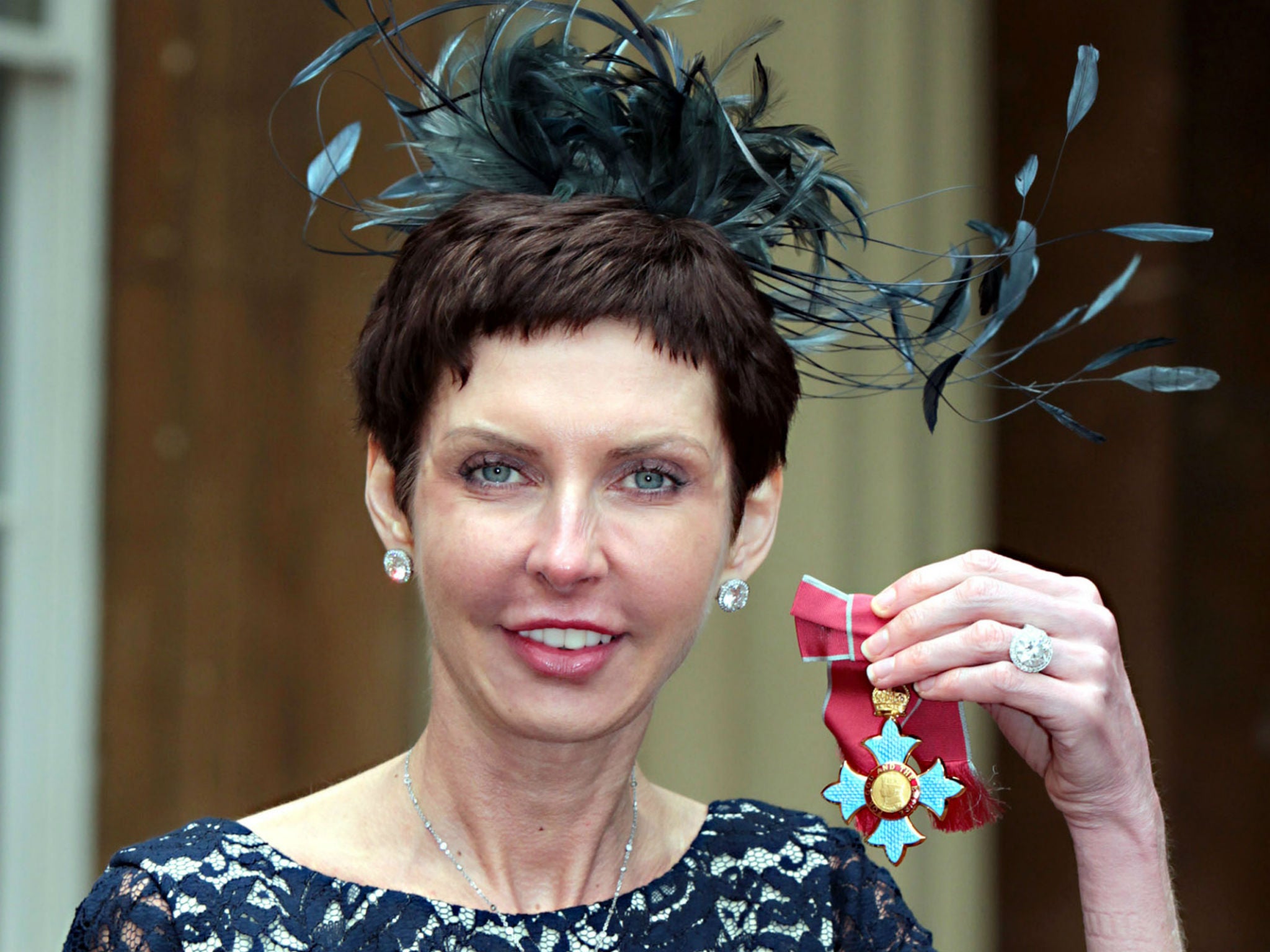Here’s why I’m relaxed about the £265m payday for the Bet365 founder Denise Coates
Whatever one’s view of online gambling and its clear social costs, it’s hard to deny that she’s been a quite extraordinary business leader


The big problem with British digital technology firms is that they sell out before they go global. Their founders prefer the short-term payoff that comes from absorption into a larger, usually American, group.
They don’t think big. Which is why Google, Facebook, and the rest, are based in Silicon Valley, not Silicon Roundabout. One doesn’t need to travel very far through the UK business world before one hears this kind of lament.
But people should take a look at Bet365 to see a stunning counterexample.
It was founded only 18 years ago in a Portakabin in Stoke. But with a claimed 35 million customers it’s now the world’s largest online gambling company. Revenues in 2017-18 hit £2.7bn. Mouths gaped open last week at Companies House filings indicating £265m remuneration for its chief executive Denise Coates over that period. That’s multiples of the pay of bosses of global digital companies such as Apple or eBay. Indeed, it’s just about the largest corporate pay packet on the planet.
I’ve spent the past few weeks complaining about excessive corporate pay and executive greed, whether on the part of Richard Scudamore or Carlos Ghosn or Jeff Fairburn. Yet I find it hard to get exercised about Coates’ remuneration, even though their combined annual rewards don’t come close to adding up to hers. Why? Because the context is profoundly different.
She’s more of an entrepreneur than a corporate bureaucrat brought in to run an established businesses, as was the case with Scudamore, Ghosn and Fairburn. Coates founded the company. She took a personal financial risk to do so, borrowing £15m from the Royal Bank of Scotland secured on her family’s estate of betting shops.
This econometrics student from the University of Sheffield has masterminded the stunningly effective global expansion, spotting gaps in the market, grasping the importance of technological shifts (in particular the rise of mobile phone betting) and executing her strategy with impressive discipline.
Whatever one’s view of online gambling and its clear social costs (and it’s perfectly reasonable to object to the fact that she was honoured with a CBE, given the industry in which she works), it’s hard to deny that she’s been a quite extraordinary business leader.
No doubt there was a fair amount of good fortune involved, not least the online gambling bans in the US, China and India which drove traffic to Europe. And other members of her management team and her 4,300 workers surely deserve their share of the credit. But, unlike with Ghosn, Scudamore and Fairburn, it’s easier to draw a clear and direct link between the organisation’s success and her personal decisions.
But what about the quantum of her pay? Isn’t that a neon-illuminated corporate governance scandal? Not really. It’s important to bear in mind that Bet365 is not a listed company. Coates owns half the equity and her family most of the rest. It has not taken money from our pension funds. If the Coates family want to pay her such sums from their own business as a salary it’s more or less up to them, provided, of course, she pays full UK tax on it.
Yet why, one might wonder, the desire to extract cash from a business she already effectively owns? Isn’t this shifting wealth from one pocket to another?
The company does not offer a breakdown of where it makes its money and as a private company has no obligation to do so. But analysts estimate that, like many other online betting companies, it operates in “grey markets” – offering services that are currently unregulated by governments but could easily become so in future. If politicians decide to regulate or shut down some of those activities entirely – to make those grey areas black or white – Bet365’s revenue streams could take a hit.
Gambling, due to its inherently addictive nature and often extreme social repercussions, is an industry that’s always been vulnerable to government action, as demonstrated by the recent fixed-odds betting terminal rigmarole.
It’s a fair bet that Coates recognises that vulnerability. Customers here today may be gone tomorrow. So it makes sense to shift some of her wealth out of her online gambling company and into other less volatile sectors of the economy.
Like all competent bookmakers, the Bet365 founder is diversifying to reduce her risk.
Join our commenting forum
Join thought-provoking conversations, follow other Independent readers and see their replies
Comments